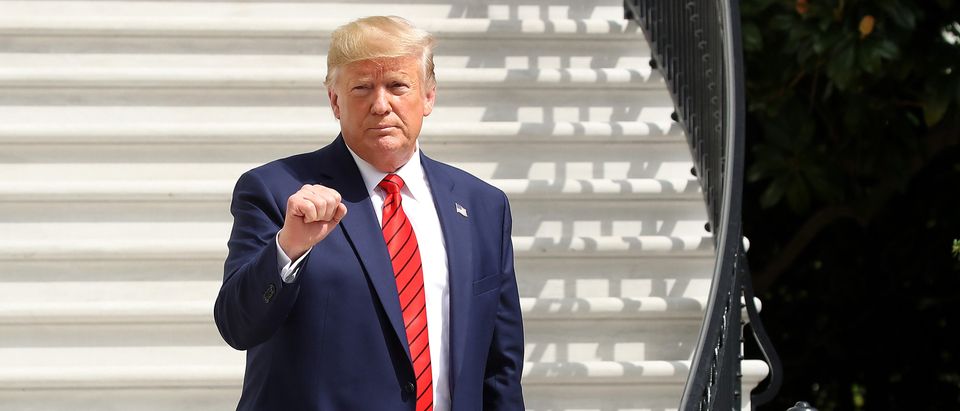My former boss, Kentucky Sen. Rand Paul, has been spot-on in making the case that the president has a right to confront the so-called “whistleblower” who inspired the impeachment inquiry. The law does not support recent arguments that the “whistleblower” holds a right to anonymity.
There is a question as to whether the Whistleblower Protection Act even applies in this case. The protections extended to executive branch staff who are members of the intelligence community (IC) are specific. According to the Congressional Research Service, “IC whistleblower protections are found in three separate statutes.” The purpose, and language, of the statutes protects from “reprisal actions for making a complaint.” To trigger this statute, one would have to be an actual whistleblower. The media ignores the fact that there is a serious dispute as to whether the “whistleblower” even qualifies as a whistleblower under the law.
Even if he did qualify, there is no restriction on members of Congress, reporters or private citizens from writing or discussing the person’s name. The trouble comes if a government official in the executive branch is the one to disclose the name for the purposes of revenge. The hysteria over Paul’s threat to disclose the identity, and Donald Trump, Jr.’s retweet of a story on the topic, was not warranted or based on law.
There is a legal debate raging as to whether the president has the right to confront his accuser. The idea behind the Sixth Amendment to the Constitution is that the accused be confronted with the witnesses against him. In this case the accuser has triggered the possible removal of a president. This person should be questioned about his knowledge and activities while having motive and credibility tested. A whistleblower statute is no bar to cross-examine a witness.
Some take a very narrow view of the Bill of Rights. Attorney Andrew McCarthy argues that Sixth Amendment principles do not exist in an impeachment proceeding and trial, because that constitutional protection only applies at “a criminal trial.” McCarthy and other lawyers who read the Sixth Amendment restrictively are wrong, because they refuses to recognize impeachment as a constitutional construct with both elements of politics and law. Impeachment is a unique trial and the crimes alleged have criminal penalties while the testimony presented in the Congress can be used in a criminal trial after presidency.
The impeachment proceeding is not political, it is a fusion of politics and a legal proceeding. Article I, Section 3 of the Constitution puts the chief justice in charge of a trial. Impeachment is a quasi-judicial proceeding with evidence presented that can be used in a criminal trial after the presidency.
It makes legal sense that in the part-political, part-legal proceeding of impeachment, the president has a right to test his accuser’s memory and motives. To do otherwise would violate the very American ideal of due process and fairness in trial proceedings.
Brian Darling is a former senior communications director and counsel for Sen. Rand Paul (R-Ky.) and founder of the D.C. based firm Liberty Government Affairs.
The views and opinions expressed in this commentary are those of the author and do not reflect the official position of The Daily Caller.


